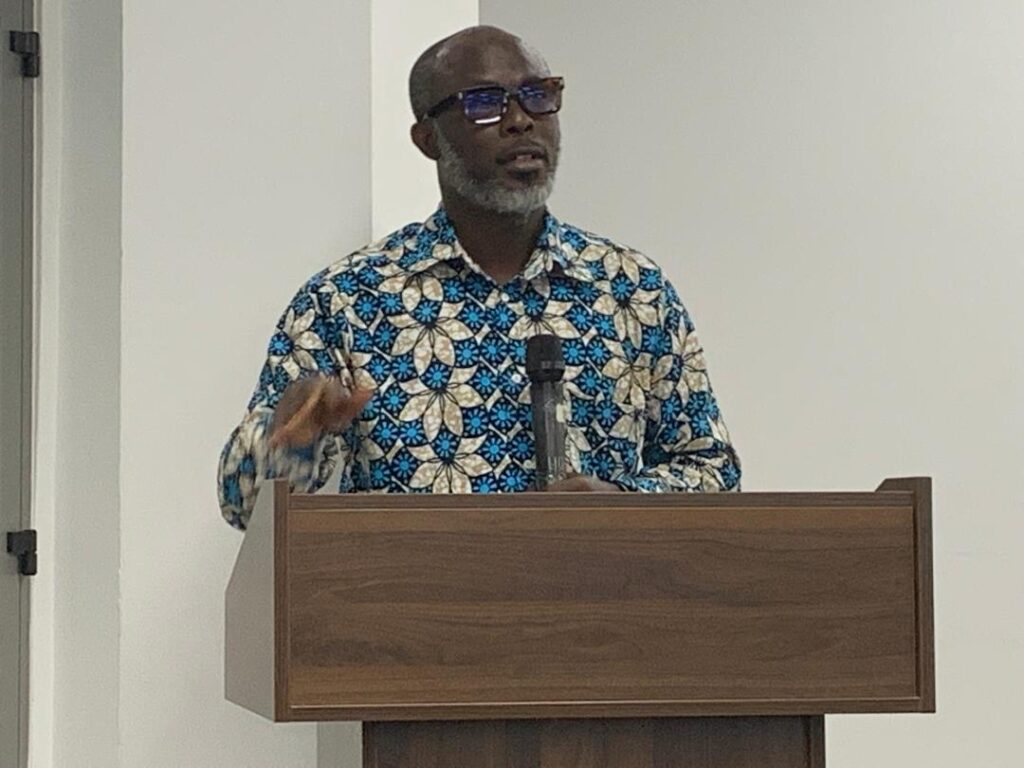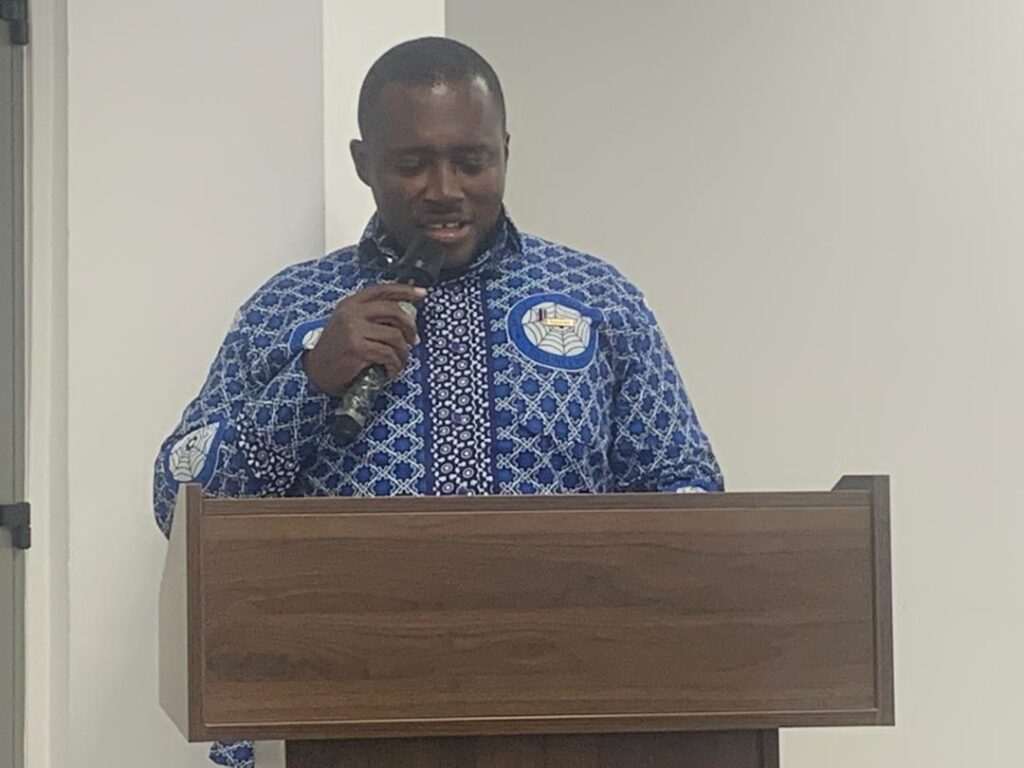
The Acting Chief Executive Officer of the Bui Power Authority, Ing. Kow Eduakwa Sam, is urging all stakeholders in the energy sector to attach importance to the development of Nuclear Power in the country. According to him, the mandate of Bui Power Authority is highly reliant on dispatchable power, which is sustainably obtained from the Nuclear Power source. ” Although thermal energy can provide a dispatchable power, the source of thermal which is gas, is not reliable. We need a reliable source of dispatchable power, which comes in the form of nuclear power,” he emphasized. His comments come on the heels of a media engagement by Nuclear Power Ghana, to highlight the progress made so far in the country’s nuclear journey for electricity generation to power industry, agriculture, among other relevant sectors of the economy to spur development.
Grants and Capacity building as momentum builds Nuclear Power
The Executive Director of Nuclear Power Ghana, Dr. Stephen Yamoah elaborated on the gains stating that an
appreciable boost has been garnered by NPG with a €1 million grant from the French Development Agency to augment Nuclear Power capabilities, supporting personnel training and grid synchronization studies. This substantial investment is part of a broader accord between Ghana and EDF-France, aimed at developing the country’s Nuclear Power sector.
Ghana, therefore is making rapid strides toward establishing its inaugural nuclear power plant, driven by government-backed initiatives, international collaborations, and infrastructure development. According to Dr. Stephen Yamoah, Executive Director of Nuclear Power Ghana (NPG), the country has transcended the debate on adopting atomic energy and is now focused on the implementation timeline.

Key Developments in Ghana’s Nuclear Power Program
* Government Commitment & Regulatory Advancements*
The Executive Director emphasized that the Ghanaian government, through the Ministry of Energy and Green Transition, is actively engaging stakeholders to ensure the successful execution of the atomic power project. Ghana adheres to international atomic safety standards, aligning with global best practices.
. Site Investigations and Infrastructure Preparation
The country is to begin a collection of crucial environmental and oceanic data for the atomic plant’s coastal site. This includes measurements of tidal patterns, ocean depth, and water currents to support the plant’s cooling system. Background environmental studies are also underway to establish baseline data for long-term safety monitoring.
. International Collaborations & Vendor Agreements
Ghana has signed framework agreements with major international atomic technology providers, including:
– China National Nuclear Corporation (CNNC): Agreement for a large-scale reactor under a Build-Own-Operate-Transfer model.
– U.S.-Led Small Modular Reactor (SMR) Project: Partnership with U.S. company NuScale, Renewable Technology Group (RTG), and Japan and South Korean investors for a modular atomic reactor.
. Advanced Training & Capacity Enhancement
A nuclear power plant simulator, one of only eight in the world, has been installed at the University of Ghana’s School of Atomic and Allied Sciences. This will enhance training and capacity building for Ghanaian nuclear professionals.
. Public Engagement & Awareness
Recognizing the need for public support, NPG is launching media training, community engagement, and a nationwide public perception survey by 2027 to assess awareness and address concerns about Nuclear Power.
Legal Framework
The Executive Director noted that the nuclear power bill, which was laid in the 8th Parliament, couldn’t be passed before the expiration of the Parliament. He emphasized that the same will be laid out for passage to establish a legal Framework for the Nuclear power project.
The Way forward.
Ghana’s nuclear power project is entering its critical phase, with implementation agreements and financing discussions set for 2025. DR. Yamoah stated that within two years, the project should reach the contract signing stage for construction to commence. If successful, Ghana will become a nuclear power leader in Africa, influencing other countries considering similar projects. As the country pushes forward, securing investment, meeting safety requirements, and building public trust will be crucial to realizing its nuclear power ambitions.
By Calvin Powell.








